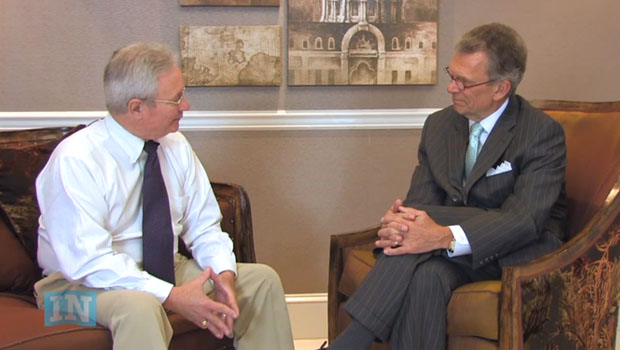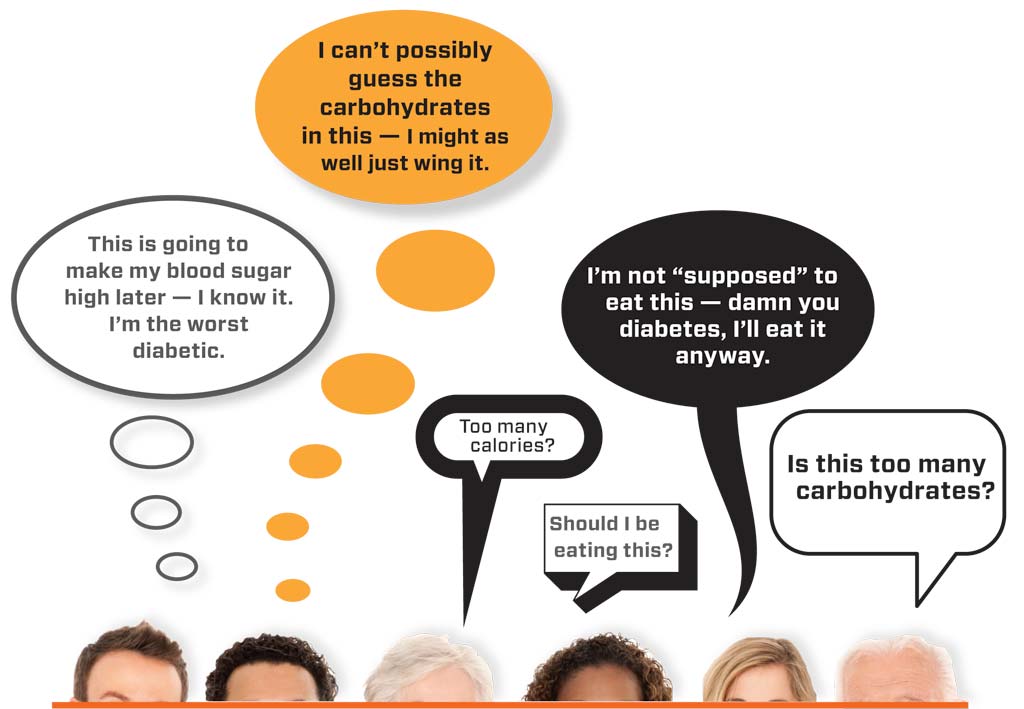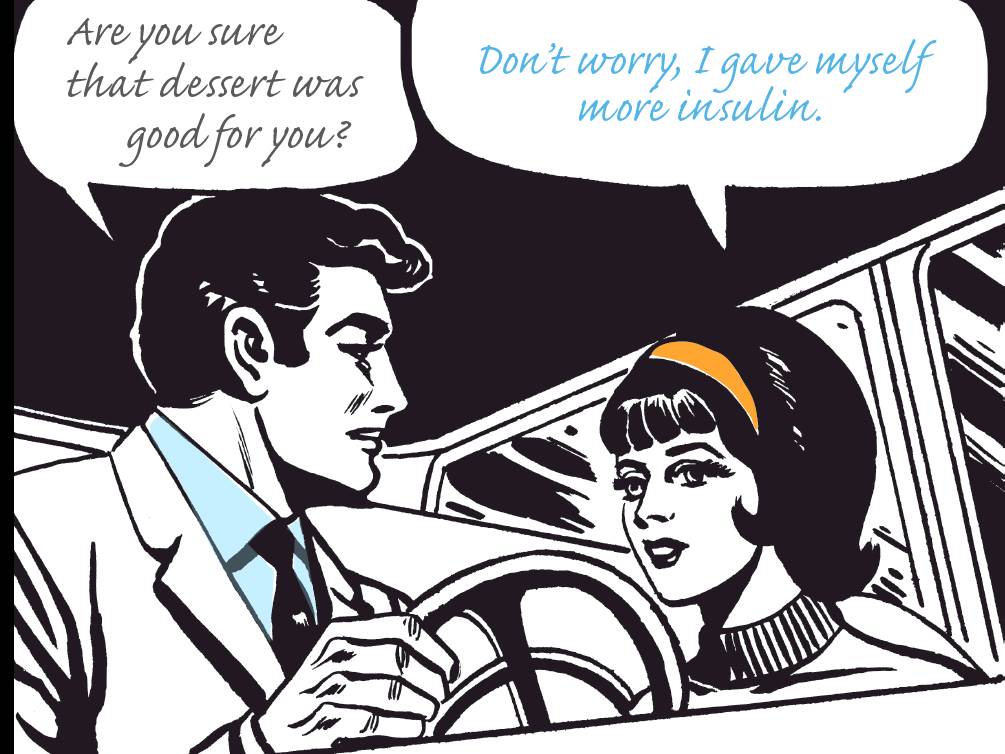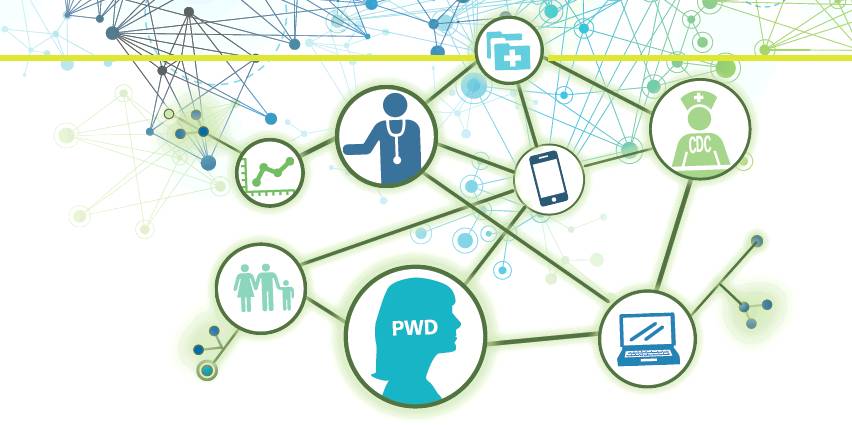
There have been few public figures who have sounded the alarm on the human and economic toll of the diabetes epidemic more eloquently than Tom Daschle, former U.S. Senator from South Dakota and former Senate Majority Leader. Mr. Daschle sat down with Insulin Nation founding editor Chris Leach at the Diabetes + Innovation 2013 conference in Washington D.C. to discuss the challenge we face with diabetes, and his hopes for mobilizing to meet this challenge.
The statistics on diabetes are indeed cause for alarm, he says. By his estimates, 1 in 8 health-care dollars and 1 in 3 Medicare dollars in the U.S. are spent on diabetes. And the situation gets worse every year. But behind those numbers lies the human cost of uncontrolled or poorly controlled Type 1 and Type 2 diabetes, Daschle says.
“I don’t know that there’s many people in the country today that in some way are not affected by Type 2 diabetes, either because of a family member or in large measure because we all end up paying part of the cost,” he says.
Because of its staggering costs, diabetes becomes the 500-pound gorilla in the room for all deficit reduction efforts and health care reforms. There is a growing consensus among policymakers that the only way to bring down health-care costs is to focus on the prevention and good management of chronic conditions like diabetes.
Daschle says the U.S. will spend $35 trillion on healthcare in the next decade, but that figure could be cut by 1/3 if we focus on good prevention and management measures for chronic conditions, especially diabetes.
“It’s a manageable disease if we [give it] the attention that it really deserves,” he says.
Giving diabetes the attention it deserves may be a tricky task with the belt-tightening that comes with reining in health-care costs. For example, the U.S. Centers for Medicare and Medicaid Services recently slashed the federal government’s reimbursement rate for most diabetes test supplies by 72 percent. The move has shaken up the diabetes care industry, and there are concerns that private investment will flee diabetes care. Daschle says it’s too much to ask the private sector to shoulder the burden of the diabetes epidemic alone.
”We’ve really got to understand this has got to be a public-private partnership,” he says.
The diabetes community may have lost a golden opportunity when Daschle withdrew from the process to be confirmed as President Barack Obama’s pick as Secretary of the Department of Health and Human Services in 2009. And in this age of hyper-partisanship, it would seem like a pessimistic time to expect Congress to mobilize a meaningful response to meet the challenge of diabetes, but Daschle says he sees signs of hope.
“In this polarized, confrontational environment in which we work today, where it seems like there’s almost no agreement on anything related to health or government, even, I find a striking consensus among Republicans and Democrats who all understand the importance of prevention, the importance of good chronic illness management, and the importance of this effort to make sure we have the resources.”
But public officials will need all the encouragement they can get from their constituents to reach across the aisles for a bipartisan response. Everyone is going to need to work to meet this challenge, says Daschle.
“We can’t afford to be spectators, we have to be engaged,” he says.
Thanks for reading this Insulin Nation article. Want more Type 1 news? Subscribe here.
Have Type 2 diabetes or know someone who does? Try Type 2 Nation, our sister publication.







